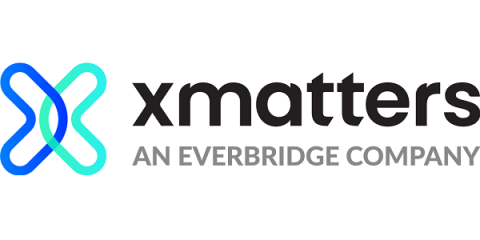The Evolution of Enterprise Incident Management
In today’s fast-paced digital era, ensuring seamless operations is more critical than ever for enterprises. Systems are more complex, customer expectations are at an all-time high, and the margin for error has dramatically narrowed. The way organizations respond to and manage incidents has undergone a remarkable transformation.











